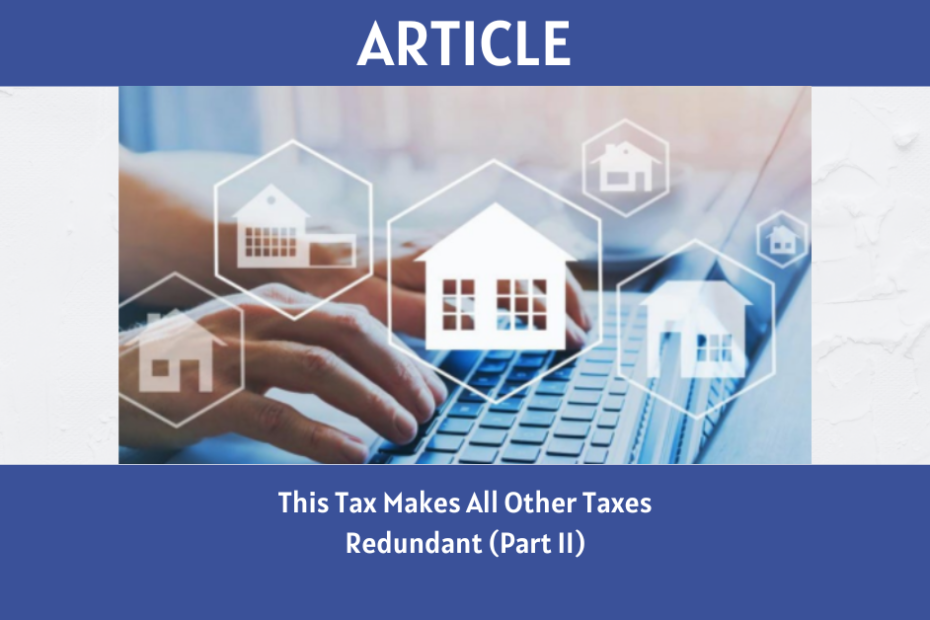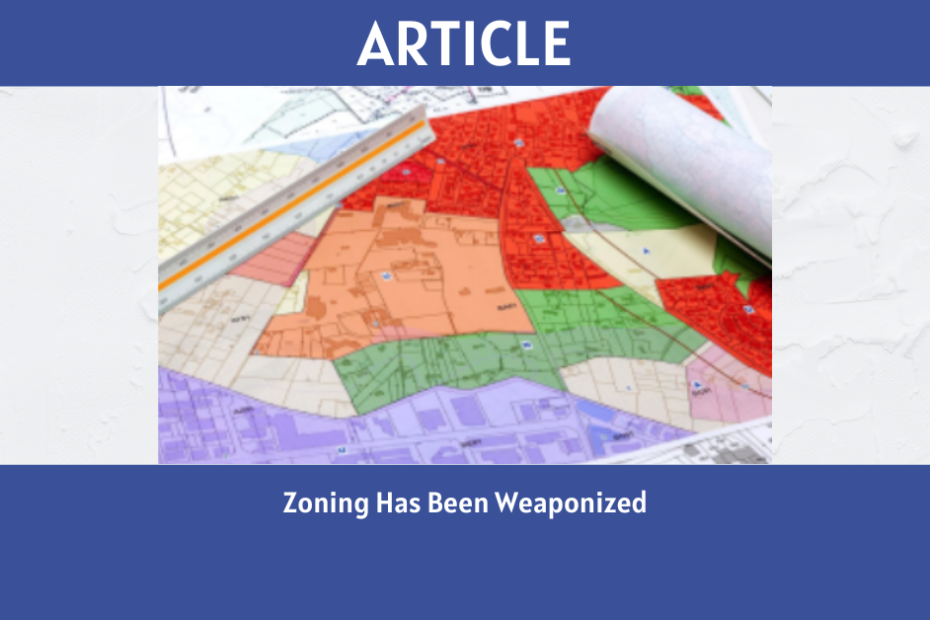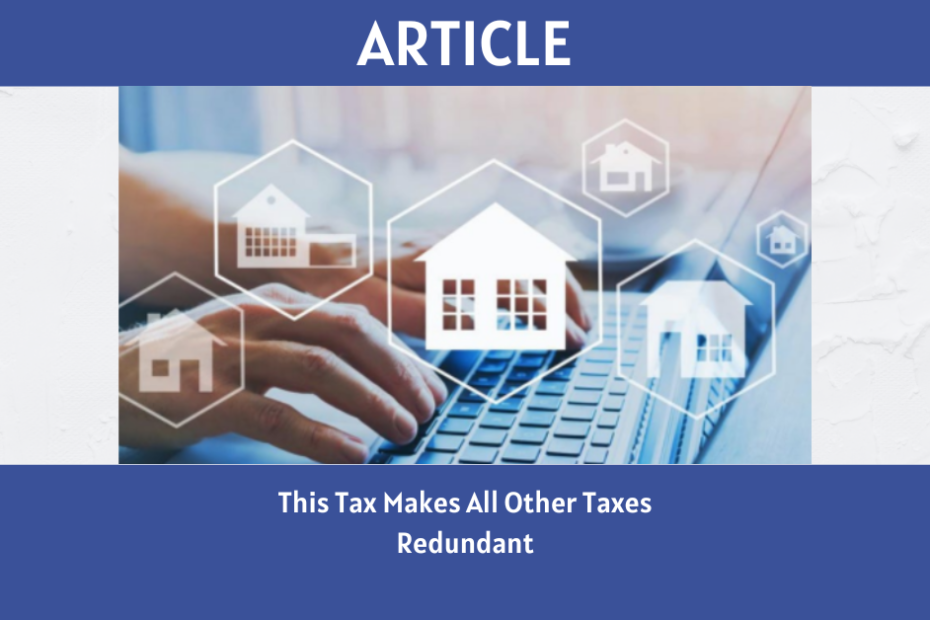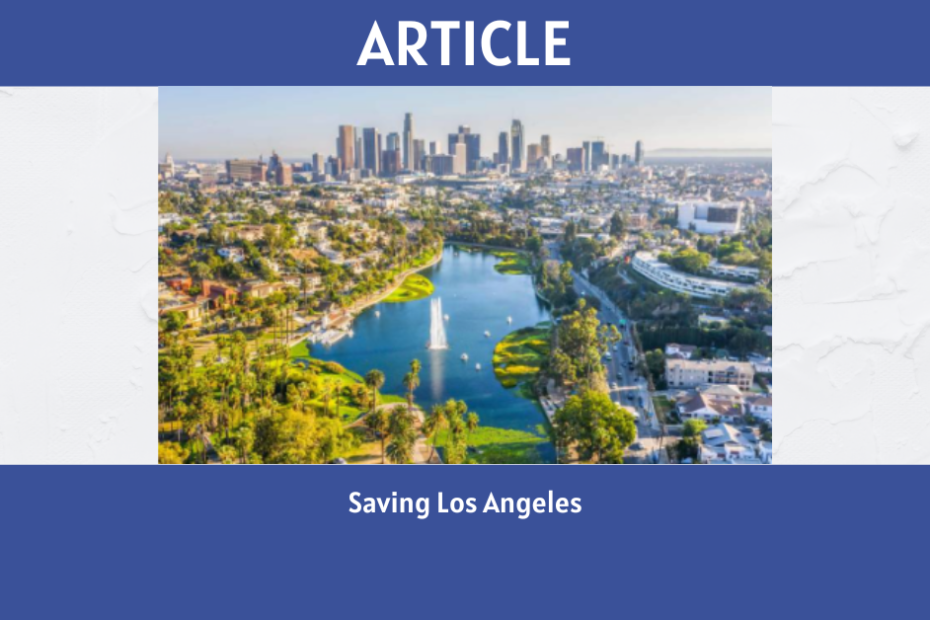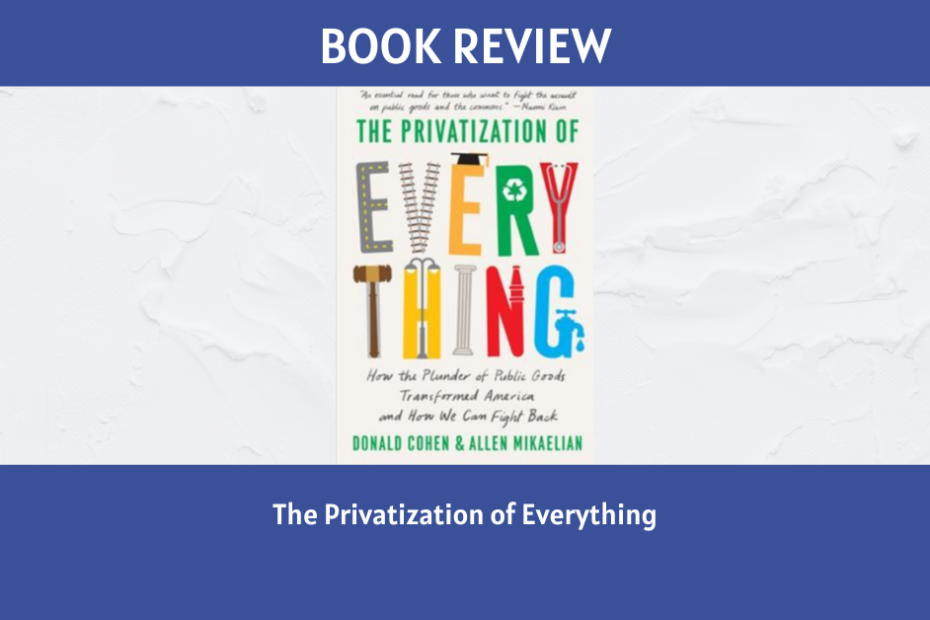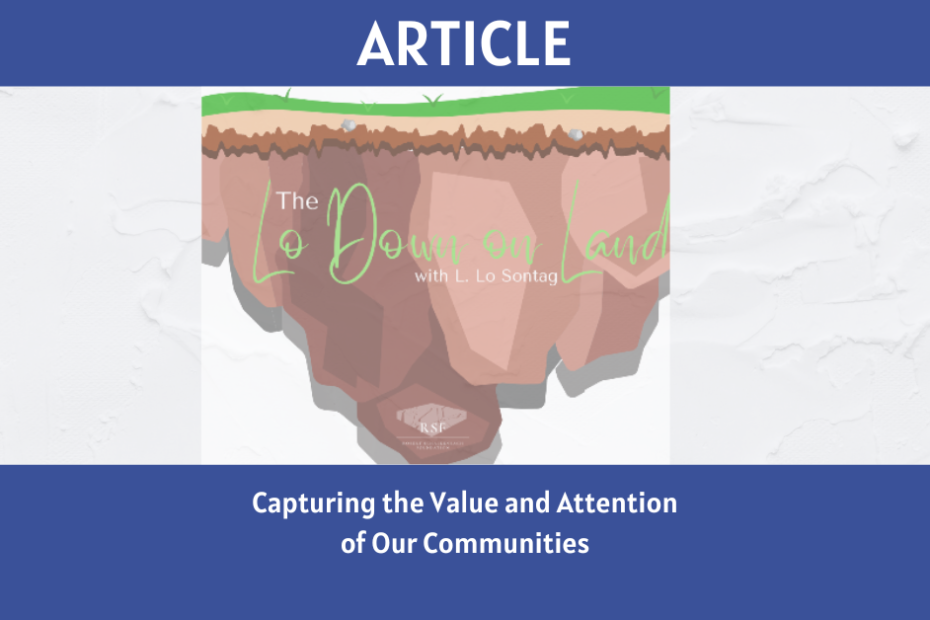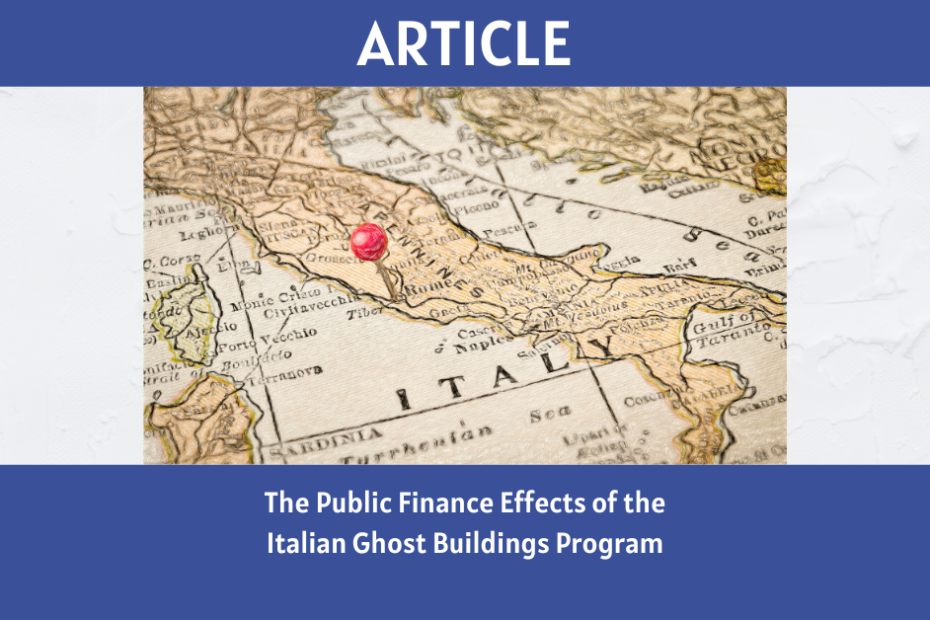Along with New York City, Newark, New Jersey, possesses one of the best locational advantages of any city in the United States. Founded in 1666 by Connecticut Puritans, the town grew by leaps and bounds; the Industrial Revolution sparked a meteoric increase in population and a multi-sector industrial and commercial base. First, canals and then railroads converged into the city. With a population of 8000 in 1820, people poured in, swelling the city’s population to 367,000 by 1910.
The civic confidence of Newark was such that city leaders in government and business thought it was time to go big. In the era of bold public development, the Meadowlands of New Jersey (known as Newark Meadows) consisted of 46 square miles of what today we would call wetlands but then were called “wastelands.” 4300 acres lay inside the city limits of Newark, and plans were executed and funded by the city to build a port from the “reclaimed” land.

